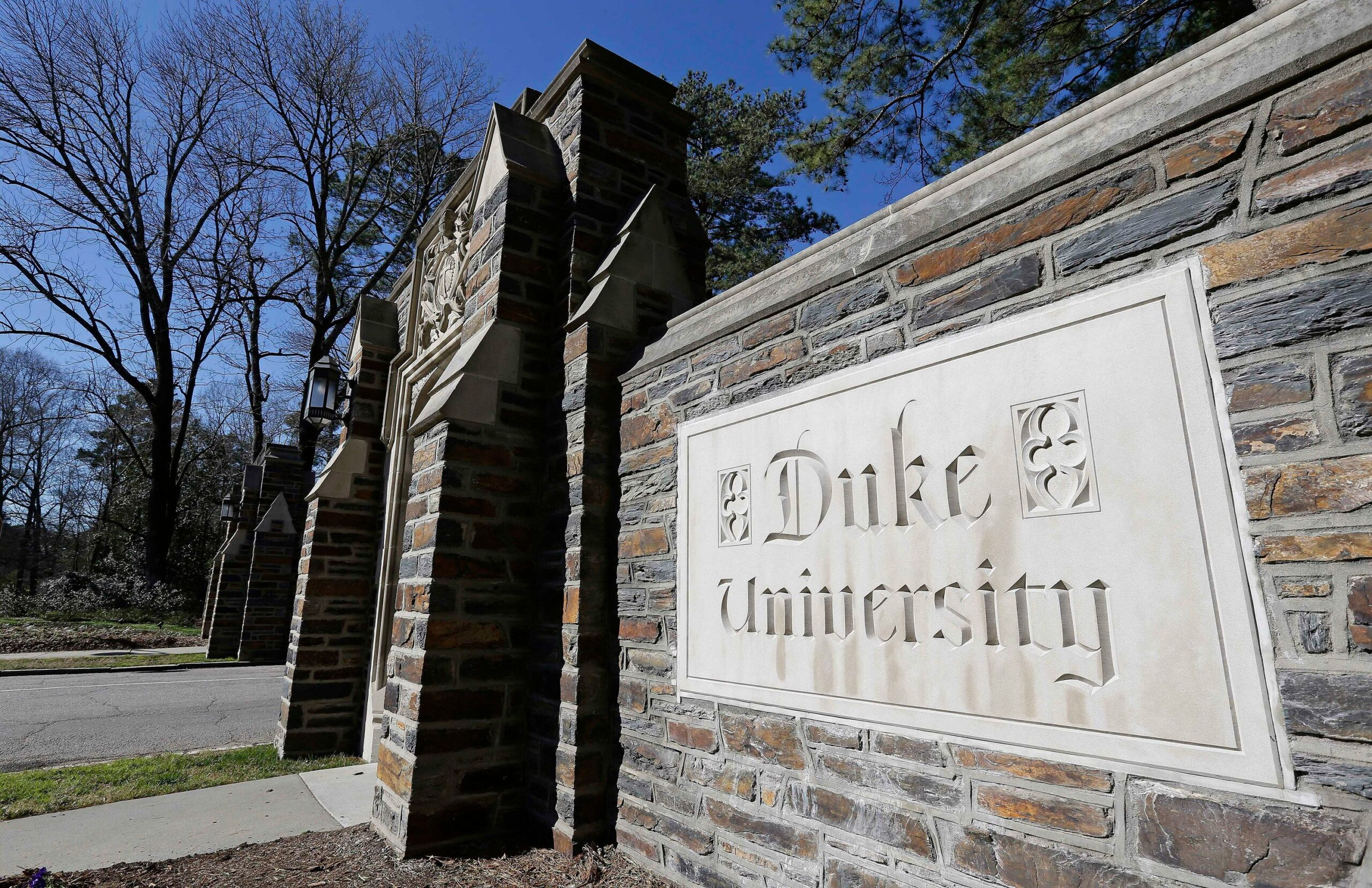
(CNN) — Duke University’s decision to end a full ride scholarship program for Black students has received both support and criticism from former recipients of the award.
The university announced earlier this month that the Reginaldo M. Howard Memorial Scholarship would be replaced by the Reginaldo Howard Leadership Program, which “will be open to all Duke undergraduates.”
In an announcement published on Duke’s website, the university said it told current scholarship recipients that the transition was necessary “due to the legal landscape related to race-based considerations in higher education.”
“We are reimagining the Reginaldo ‘Reggie’ Howard Scholars program to expand the impact of Howard’s legacy to many more Duke students with a commitment to leadership and social justice,” Duke University spokesman Frank Tramble said in a statement to CNN. “The Reginaldo Howard Leadership Program will elevate the experience of our Black students by enriching their academic connections with faculty, providing funding for internships and research, strengthening community ties, and developing scholarly programming that highlights Black excellence through the Mary Lou Williams Center for Black Culture.”
Last year, the Supreme Court struck down race-based college admissions.
Craig Vincent, a former Reginaldo Howard Memorial scholar who graduated in 2016, told CNN Friday that he was disappointed in the university’s decision to end the scholarship.
The scholarship, Vincent said, was critical to attracting talent to the university. He added that scholars have gone on to become CEOs, authors and have earned PhDs.
“It felt a little bit like the university was reducing the scholarship down to the race of the people that were in it,” Vincent said. “Where they kind of made the interpretation that this… was only a scholarship for Black students and there was nothing else unique or interesting about the folks that made up this pool and therefore they chose to eliminate it. That was very saddening to me.”
Wilton Alston, another former scholar who graduated from Duke in 1981, told CNN he initially felt “anger, sadness and loss” about Duke ending the scholarship but ultimately decided to support the new leadership program.
“I decided it made sense to give the leadership program a chance, and more importantly, engage in the future plans for developing the program,” Alston said.
The scholarship program targeted “exemplary students of African descent” and paid full tuition, room and board for recipients, according to the program’s website, which has now been archived.
The scholarship, established in 1979, was named after Duke’s first Black student body president, who was killed in an automobile accident during his sophomore year.
Duke isn’t the only North Carolina college making changes or reevaluating diversity programs.
Earlier this week, the University of North Carolina’s Board of Governors, voted to repeal and replace the school’s existing diversity and inclusion policy. The board oversees 16 public universities and one high school in the state.
The new policy – which goes to the full board for a final vote in May – will emphasize the university’s commitment to “non-discrimination and institutional neutrality,” Andrew Tripp, senior vice president for legal affairs for the university and board of governors, said during a committee meeting.
The Reginaldo M. Howard Memorial Scholars Program has supported 234 students since it was first created, Tramble said in the statement. Tramble said current scholars will still receive their scholarship until they graduate from Duke.
“Under this new model, the redefined Reggie program will support hundreds of students each year through a variety of methods including need-based financial aid, leadership programming, and more,” Tramble said.
The removal of the scholarship at Duke also comes as diversity, equity and inclusion programs at colleges, along with race-based internships and scholarships, are being targeted by Republican lawmakers and conservative activists across the country.
The-CNN-Wire



